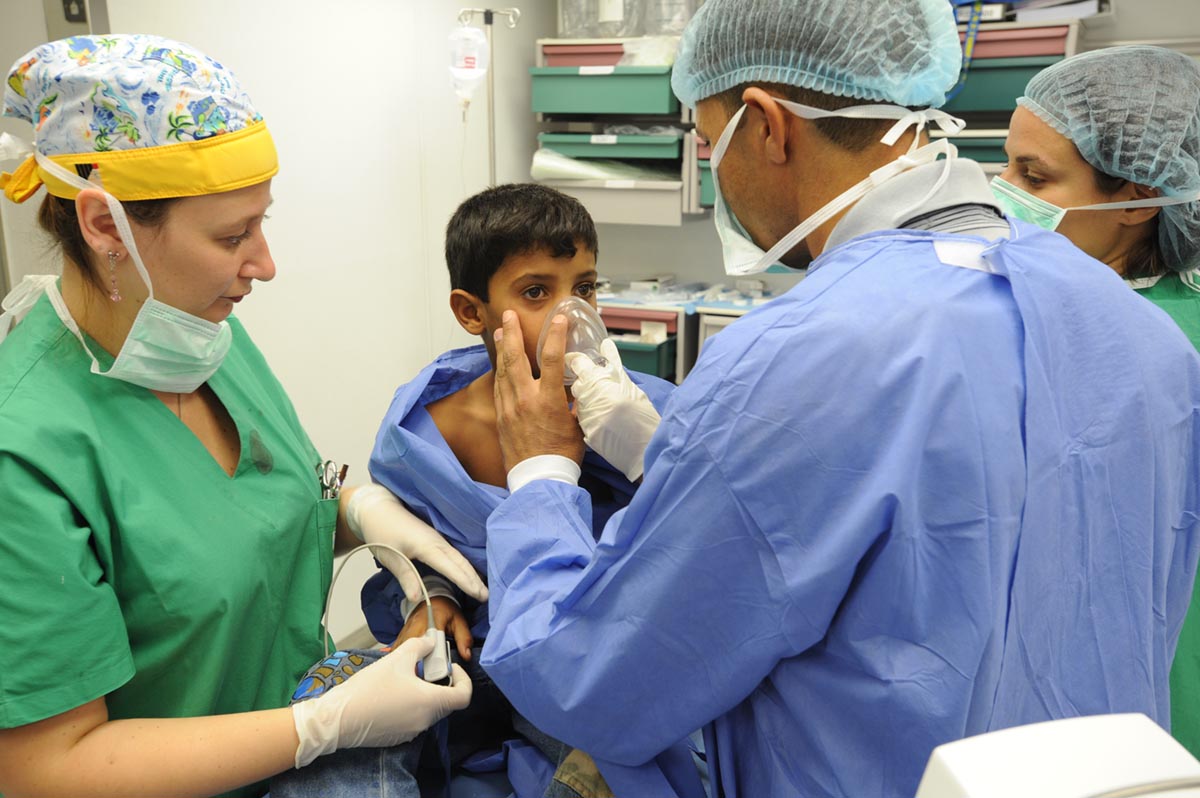
Types of anesthesia
Local anesthesia is used during minor, uncomplicated procedures where the anesthetic is injected directly into the part of the body that is being operated on so that the pain is not felt. A person can choose to stay awake during such a procedure or put to sleep with the help of certaindrugs.
Regional anesthesia is inserted into an area of the body around the spinal cord or major nerves because the pain which arises from the procedures which require this type of anesthesia is likely to spread further than the target of the surgery itself. There are two kinds of regional anesthesia, and they are peripheral nerve blocks and epidural and spinal anesthesia. Peripheral nerve blocks are injected in areas of certain nerves which are connected to the part of the body that is being operated on. These procedures are usually performed on hands, feet, arms, legs or face. Epidural and spinal anesthesia are injected around the spinal cord and they control the pain from body areas such as hips, belly or whole legs.
General anesthesia is used to control the brain and also the whole body. It can be injected into the vein or inhaled. When general anesthesia is concerned, there is no choice whether to stay awake during the procedure or not. It leaves the patient in deep induced sleep and completely unaware of the surgery, sometimes even causing loss of memory related to the time just after the procedure.
Which anesthetic will be used during the surgery depends on the medical history type of the procedure and any previous reaction to a certain type of anesthesia.
Side effects of general anesthesia
General anesthesia has the biggest possibility for the occurrence of side effects because it is the most intense kind of anesthesia which controls the entire body.
One of the complications is aspiration, or accidental reflexive sucking in of foods or fluids into the lungs. To prevent this from happening, a tube is inserted into the throat during the operation and it is also advisable not to eat or drink anything prior to it.
Another side effect is a change in the heart rate or blood pressure which can lead to a heart attack or a stroke. Should this happen, revival equipment is always present during the procedure.
There is always a slight possibility that the person can wake up during the surgery, but this could only be due to the carelessness of medical professionals which is highly unlikely to happen.
Aside from these, sometimes anesthesia can provokeallergies.
Finally, any of these complications are extremely rare and they almost never happen.


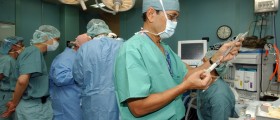

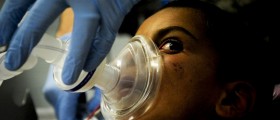
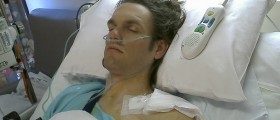





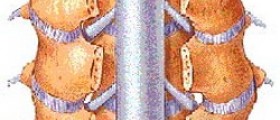
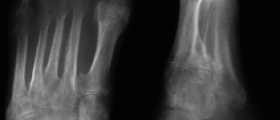
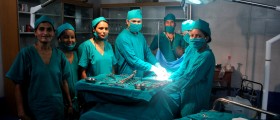


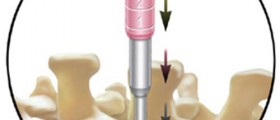
Your thoughts on this
Loading...